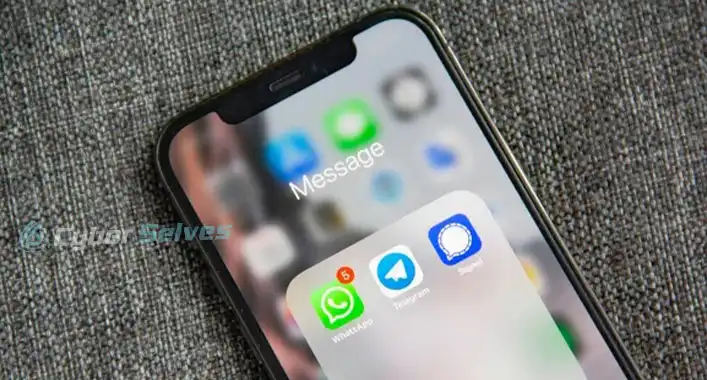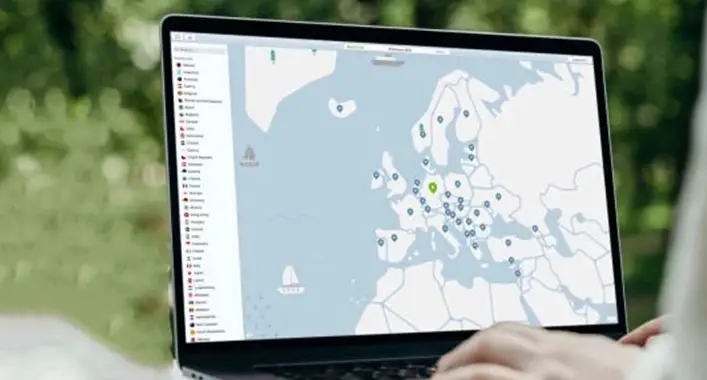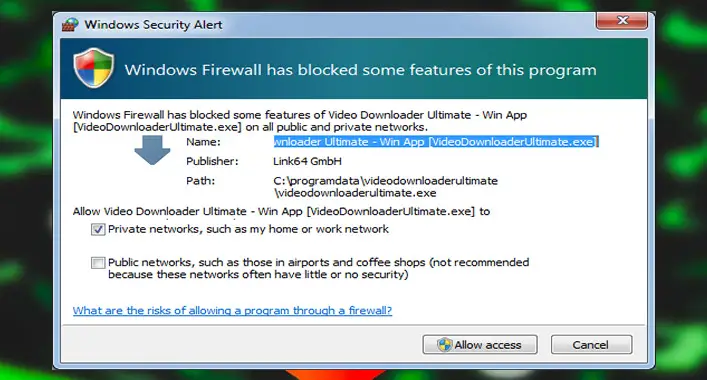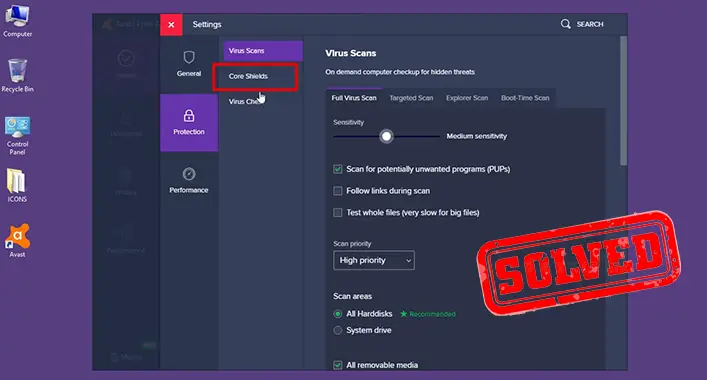WhatsApp Call Firewall Ports | Easy Explanation for You
WhatsApp is a call and text messaging application for users. It does not charge a single penny for both messaging and calling. You just have to Data Connection on your phone and Internet accessibility through Wi-Fi. You can download the WhatsApp application via AppStore (For iPhone users) or Google Play Store (for Android users).
The primary ports can be 80 and 443. Port 80 is the port number charged to generally used as an internet communication protocol, HTTP (Hypertext Transfer Protocol). It is a default network port whose duty is to send and receive unencrypted web pages. When a user requests to connect to a server it needs to know both the server’s Internet Protocol address and which network service will be used for data transfer.
It is important to know that WhatsApp calls firewall ports may vary and it might use more ports for voice and video calls depending on network conditions.

What Ports Do I Need To Open for WhatsApp Call Firewall
WhatsApp generally uses two firewall ports. One of them is TCP443 and another is UDP ports. But, it also uses another port called TCP80. When voice is used then ports 4244, 5222, 5223, 5228, 50318, 59234, and 5242 are also used. UDP ports are: 3478, 45395, 50318, 59234. The user needs to add an exception to permit WhatsApp via a firewall.
A user needs to open these ports through a firewall for WhatsApp calls:
- TCP (Transmission Control Protocol): 443, 4244, 5222, 5223, 5228, 5242
- TCP/UDP (User Datagram Protocol): 59234, 50318
- UDP: 3478, 45395
How to Allow WhatsApp Through a Firewall
HTTPS (Hypertext Transfer Protocol Secure) is the safe variant of HTTP. HTTPS is the basic level protocol used to send data between a Web Server and a Web Browser. HTTPS is encrypted and assures the protection of data transfer. HTTPS is significantly essential when users communicate with sensitive data e.g. Email login, Sharing Pictures, etc. Remember that Google Chrome and other Browsers are non-HTTPS means are not secure.
An application using HTTPS means the user need not worry about his or her privacy. HTTPS is very trustworthy for WhatsApp users because of its data encryption rate via a firewall. HTTPS protocol is the most widely used protocol for connecting the TCP443 external ports. There is no need to alter LAN (Local Area Network) or WAN (Wide Area Network) configurations to include both side configurations.
WhatsApp needs to open the TCP443 ports for registering an application and restart it too. WhatsApp also uses TCP 80 in HTTP traffic. As mentioned earlier WhatsApp use this port 4244, 5222, 5223, 5228, 50318, 59234, and 5242 for Voice Channel. By substituting you must seize this port, and by firewall you must allow it.
Security View Point
When it comes to keeping user’s data secure and private. WhatsApp does not consider any kind of mistake. Protection is a high priority while WhatsApp calls run smoothly through the firewall. Some security viewpoints are as follows:
Data Encryption: WhatsApp is very secure for voice and video calling. It encrypts your data end-to-end through your firewall. So that it cannot be stolen by a hacker. It is security for both you and the user you are communicating with.
Configuration of Firewall Rules: Be aware while configuring the WhatsApp firewall. Do not negotiate with your network’s security. Authorize only the essential ports and follow the right protocols while adjusting everything.
People Also Ask (PAA)
Is it Necessary to Open These Ports for WhatsApp Messaging?
No. Because WhatsApp messaging primarily uses different ports and opening the voice call ports isn’t required for text messaging.
Are These Ports the Same for Both Android and iOS?
Yes, the ports used for WhatsApp voice calls are the same for both devices.
Final Thoughts
WhatsApp call firewall ports use TCP and UDP. TCP443 and TCP80 are the commonly used ports for WhatsApp call firewalls. TCP ports are usually used for WhatsApp voice calls and it uses the most widely used HTTPS protocols for data encryption. HTTPS ensures the user’s data security and protects the privacy of both communicators. WhatsApp doesn’t compromise with privacy protection and this is why this application is the most widely used application for voice calls ever.





